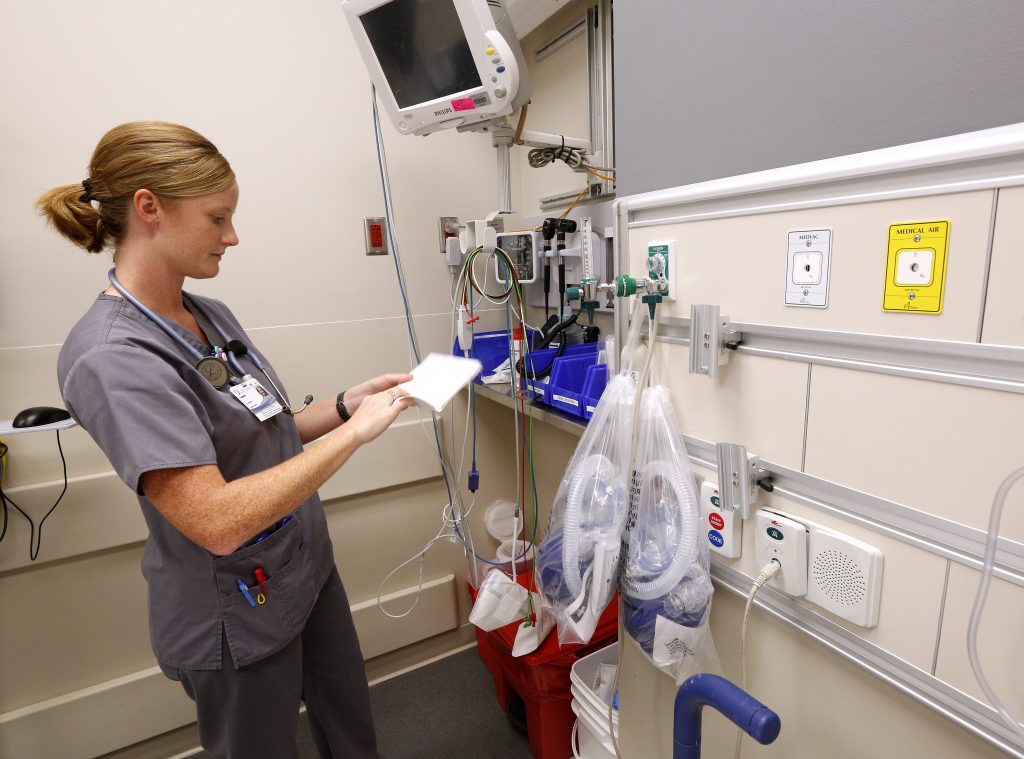A new proposal in Congress could change how millions of Americans access Medicaid. The bill, introduced by Rep. Matt Gaetz (R-FL), would require able-bodied adults to meet work requirements to stay on the government-funded health insurance program. Supporters say it encourages independence, while critics argue it could leave vulnerable people without coverage.
What’s in the Bill?
The Medicaid Work Requirements Act would apply to adults between 18 and 65 who don’t have a disability. Under the proposal, people would need to:
- Work at least 120 hours per month (or earn the equivalent of 120 hours at federal minimum wage).
- Volunteer for at least 80 hours per month in a qualified program.
- Participate in job training or work programs for at least 80 hours per month.
- Do a mix of work, volunteering, and training that adds up to at least 80 hours per month.
- There would be exceptions for people with physical or mental health issues, pregnant women, caregivers for children or disabled family members, and those in addiction recovery programs.
Why Is This Happening?
The bill’s supporters contend that Medicaid should only be used as short-term assistance for those who are able to work, not as a long-term solution. They think that requiring employment or training will lower government spending and enable more individuals become financially independent.
Opponents, however, claim that this could harm those who already hold low-paying, benefit-free positions. Many Medicaid beneficiaries are employed, but they have trouble finding steady job or enough hours. Others could find it challenging to fulfill the requirements because they have childcare obligations, don’t have access to transportation, or reside in places with few employment options.
How Could This Affect Medicaid Recipients?
Millions of individuals may lose their health insurance if the plan is approved. Despite their best efforts, some people may find it difficult to achieve the standards. Others who have trouble documenting their work hours or with paperwork may lose Medicaid.
Thousands of people lost their coverage when similar programs were attempted in other states in the past, not because they weren’t working, but rather because they had problems proving they were in compliance with the regulations. This begs the question of whether the measure would genuinely assist people in obtaining employment or instead make it more difficult for them to obtain healthcare.
What’s Next?
Right now, the bill is being reviewed by the House Committee on Energy and Commerce. Lawmakers will debate whether it should move forward, and if it does, it could face challenges in the Senate. For now, Medicaid recipients and advocates are watching closely to see what happens next.

